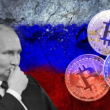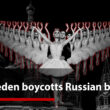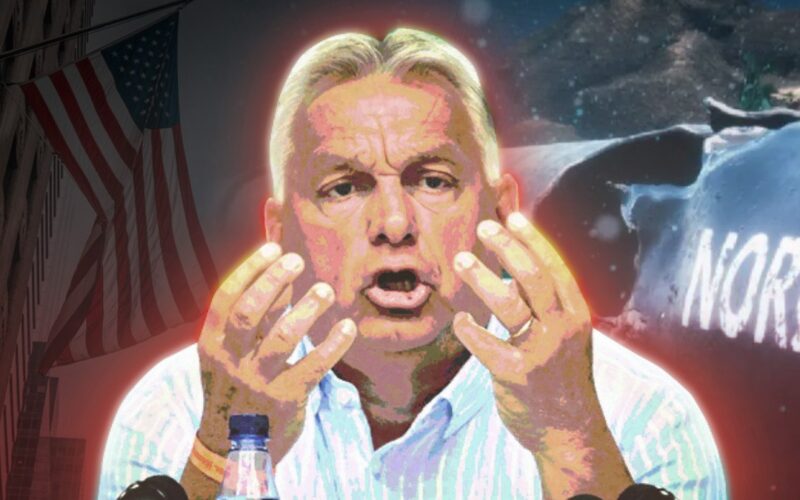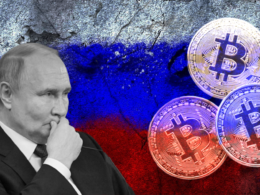On July 27, during his annual Baile Tusnad/Tusványo speech, Hungarian Prime Minister Viktor Orbán made a series of highly controversial foreign policy statements, with accusations against EU countries and the USA. In fact, this is Orbán’s most openly anti-Polish (anti-USA, UK, Baltic, Nordic, etc.) and pro-Kremlin rant.
Among other things, he accused the USA of being behind those who blew up Nord Stream 2 and identified Poland as Hungary’s main enemy in the EU.
Such escalation indicates Orbán’s increased bet on Donald Trump’s victory in the USA and the subsequent 12-year rule of Trump (and Vance) while Orbán aspires to the role of Trump’s main ally in Europe. These are the most hostile statements he has ever made towards NATO and EU countries, and it seems that Orbán has embarked on a path of undisguised struggle. He is turning into a very active Trojan horse, from which armed enemies are already beginning to emerge. This will weaken the West in its confrontation with Russia – almost the only country for which Orbán had kind words.
Here are all of Orbán’s controversial theses:
- Misinformation: Orbán’s claim that the USA was behind the “terrorist act” of blowing up Nord Stream II is unsubstantiated and aligns with Russian propaganda narratives.
- Mischaracterization of Russia: He downplays Russia’s autocratic nature, presenting it as flexible and misunderstood.
- Anti-American rhetoric: Orbán portrays European politics as submissive to US interests, particularly to the Democratic Party, without evidence.
- Undermining European unity: His comments about a shift in European power dynamics away from the Paris-Berlin axis to a London-Warsaw-Kyiv axis could be seen as an attempt to sow discord within the EU.
- Hypocrisy accusations: His claims about Polish hypocrisy in dealing with Russia while criticizing others could be seen as divisive and potentially hypocritical itself.
- Oversimplification: Orbán presents complex geopolitical situations in overly simplistic terms, potentially misleading his audience.
- Historical revisionism: His interpretation of past events, such as the Iraq War opposition, may be skewed to fit his narrative.
- Undermining sanctions: He portrays sanctions against Russia as harmful to European interests, which could weaken the united front against Russian aggression.
Besides Orban’s power struggle inside the EU, these statements could be seen as attempts to weaken European unity and NATO alliances while aligning more closely with Russian interests.








